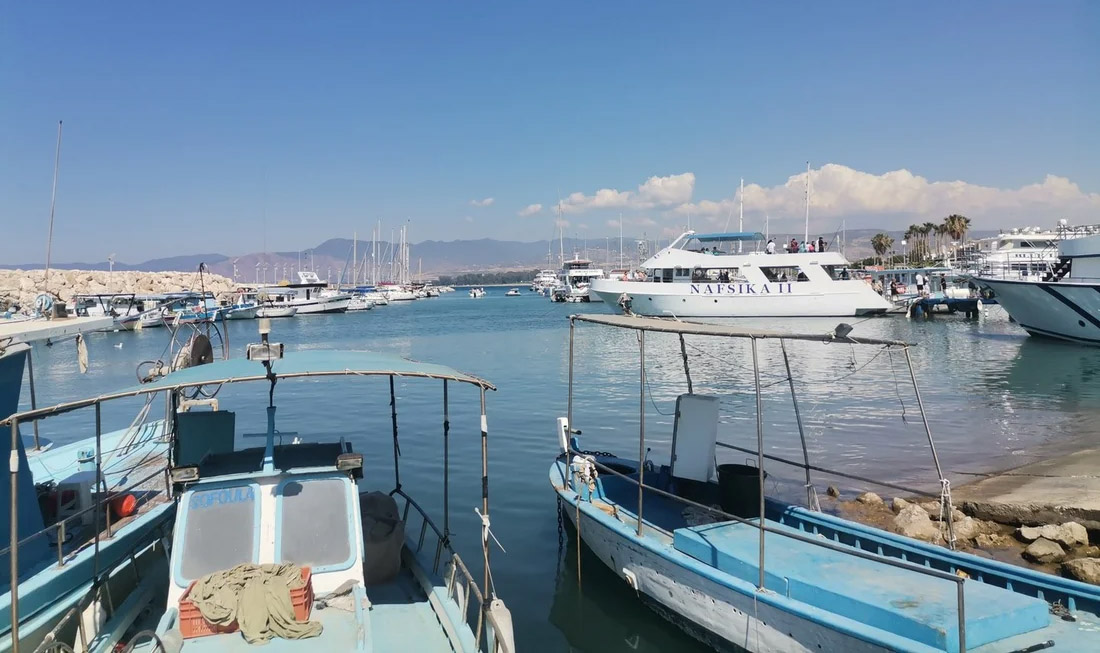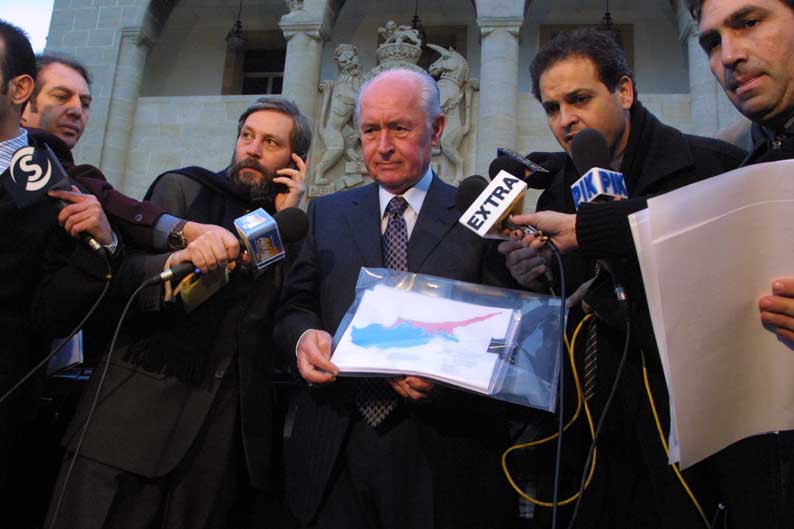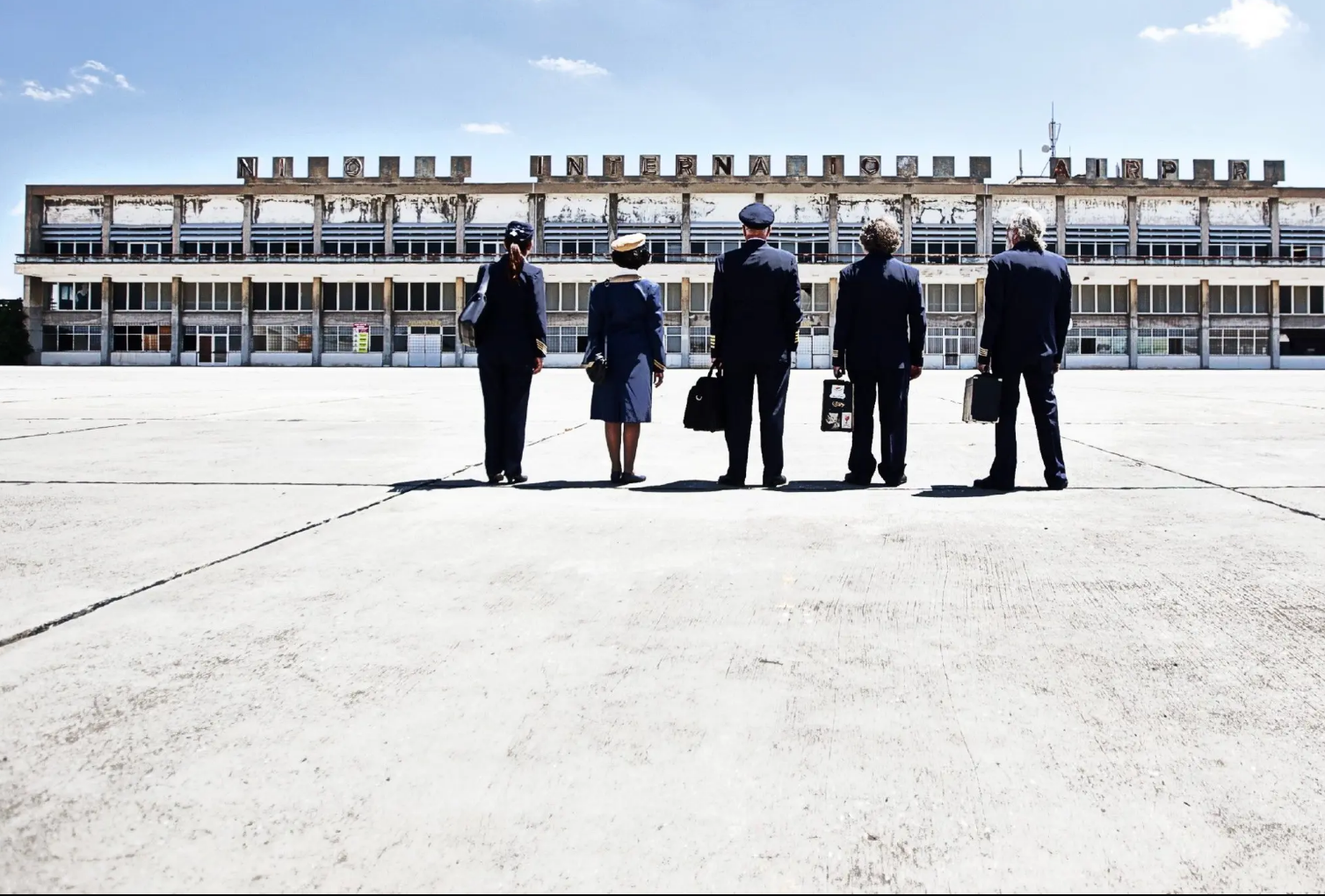Zoning laws are being blatantly ignored and another Ayia Napa awaits
Where there is no enforceable law, there exists no wrong. That is precisely what is happening at the very entrance of Latchi, Polis – one of the last unspoilt parts of the island.
For the past two years, hidden forces have decided that the area must follow the “Ayia Napa syndrome” and cultivate an “all-inclusive” market for cheap tourism. Tour operators have now targeted Latchi as one of their new destinations and nothing appears capable of stopping them and marks the beginning of no return for Latchi.
Others welcome the transformation on the promise that it would create jobs, boost a small sector of local businesses and will be “good for the area.”
The under-construction Leonardo Latchi Resort has become riddled with illegalities and court rulings for violations of Cyprus’ planning and building regulations. The approximate 700-bed kosher resort will mostly cater to the rapidly growing Israeli/Jewish market. Another large hotel nearby remains unfinished – after 15 years – due to similar violations and court orders. Both have arrogantly ignored zoning laws, adding extra floors without planning permission.
This crafty practice of disregarding building regulations and adding more floors has become alarmingly common. The massive Guru project in Platres is yet another example of blatant arrogance, breaching zoning regulations by constructing additional unauthorised floors. The scheme is simple: start building without permits, and then worry about obtaining them later.
Government bureaucracy has lost all control and offenders are fully aware that an illegal structure in Cyprus is almost impossible to be demolished. This reality encourages culprits to continue breaking the law.
Paphos mayor Phedonos Phedonas has publicly condemned Paphos EOA (the new local authority responsible for issuing building and planning licences) for failing to enforce regulations. He revealed that most hotels and other projects in the Paphos region operate unlawfully without proper licensing, the result of government incompetence and deep-rooted corruption.
The construction of the Leonardo Holiday Resort would not have been possible without the support of Polis municipality and its councillors. One week before handing its authority over to the EOA, the council amended local bylaws to allow three-storey buildings that “accommodate and serve tourists”. Projects that illegally added extra floors in the past were effectively legalised at the stroke of a pen.
Meanwhile, bulldozers at the resort continue devouring an entire hill, reducing it to street level. Residents are kept in the dark, unaware of what is happening in their own community. Transparency is non-existent. The mayor, his 13 vice mayors and municipal officials responsible for protecting the environment in the public interest, turn a blind eye to many ongoing local illegalities.
The construction site will soon be smothered in concrete in the name of “progress” and greed. One must ask why such environmental brutality was ever allowed to begin in the first place? Yet government departments simply blame one another while lawlessness grows.
The two Latchi hotels scheduled to open in 2026 will introduce an additional 1,000 beds to the region. Without doubt, this increase has fuelled the renewed interest of tour operators eager to exploit the natural beauty of the area. Some may argue that this is “great news” and refuse to acknowledge the long-term demographic consequences of mass tourism will have upon the small community; a community of just over 5,000.
By next year, reality will set in, though it will be far too late to reverse the environmental and cultural damage. Can the area truly cope with cheap mass tourism? Can it socially deal with the demographic changes? Can it manage car parking, road congestion – especially when the new Latchi marina is in full operation – sewerage, and water supply? Most importantly, can the already strained small hospital in Polis Chrysochous cope with the added demand? These are serious questions that require real answers, yet officials remain silent.
The unlawful practice of adding extra floors to commercial buildings without the necessary permits raises the question: who is advising offenders on how to manipulate and abuse the system? Only paid architects, engineers and corrupt officials familiar with Cyprus’ planning bureaucracy could orchestrate the scheme. Such advice accompanied with backhanders do not come cheap, yet there are always those willing to pay.
To this day, these practices remain widespread, especially with the influx of third-country investors entering the Cyprus property market. Many of these investors show little respect for local life or the environment, yet the government provides them with a variety of “relaxations” claiming it benefits the economy.
One such relaxation involves allowing major extensions that were built without permits to be legalised – at a price. This enables developers to purchase additional, but phantom, permissible land coverage. In effect, the government profits from lawbreakers by selling them “legality”.
All the offender must do is to purchase a phantom sintelesti (coverage density factor) – 10 per cent, 20 per cent, 30 per cent, or more – from land located anywhere across the island. The virtual sintelesti is then transferred to the non-compliant project and instantly making the illegal construction “legal”.
The sale of sintelesti applies to all kinds of developments. One can buy a sintelesti from the Paphos region and transfer it to a restaurant or club in Nicosia or Ayia Napa. This practice is unheard of in any other European country, but helps to fill government coffers with millions.
It is a win-win arrangement for the players – except for the local environment and the quality of life for the communities. Latchi is certainly facing a grey future.
Andreas C Chrysafis, author, artist and writer







Click here to change your cookie preferences